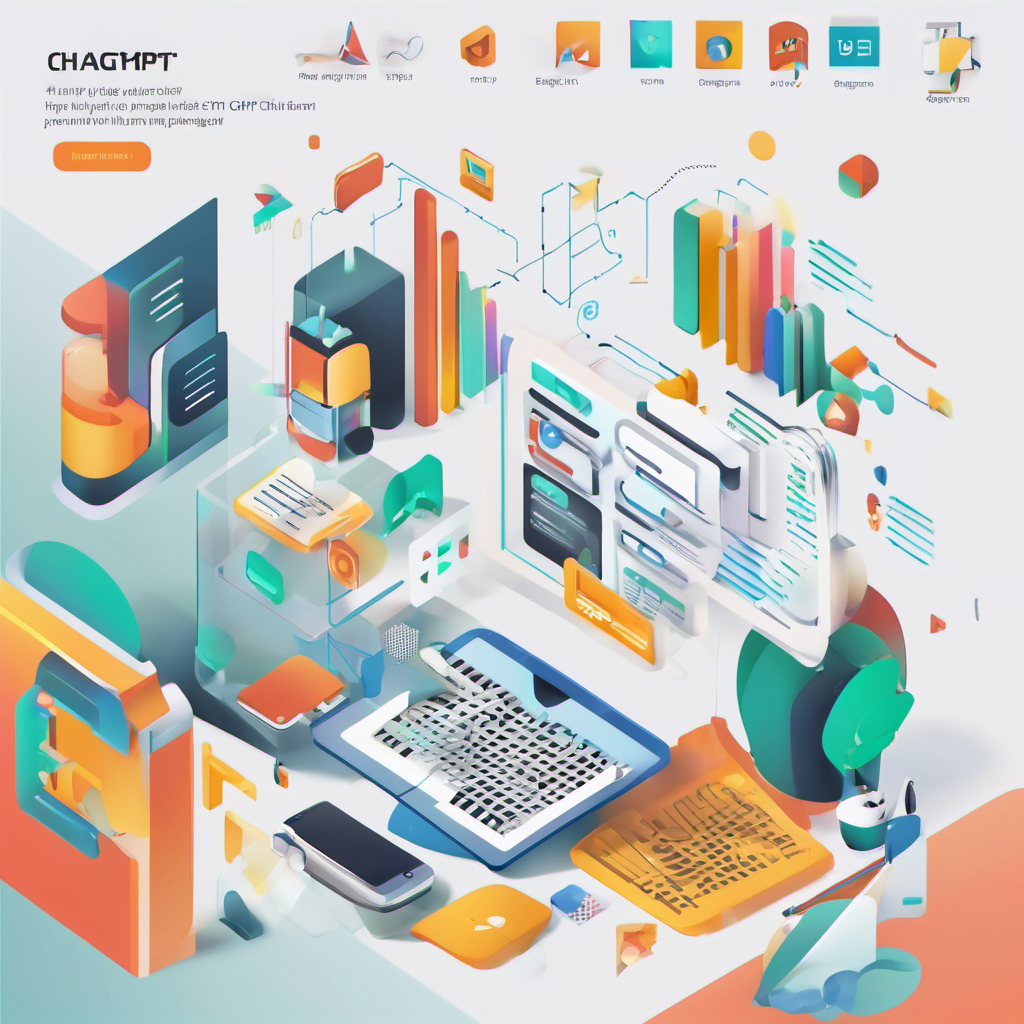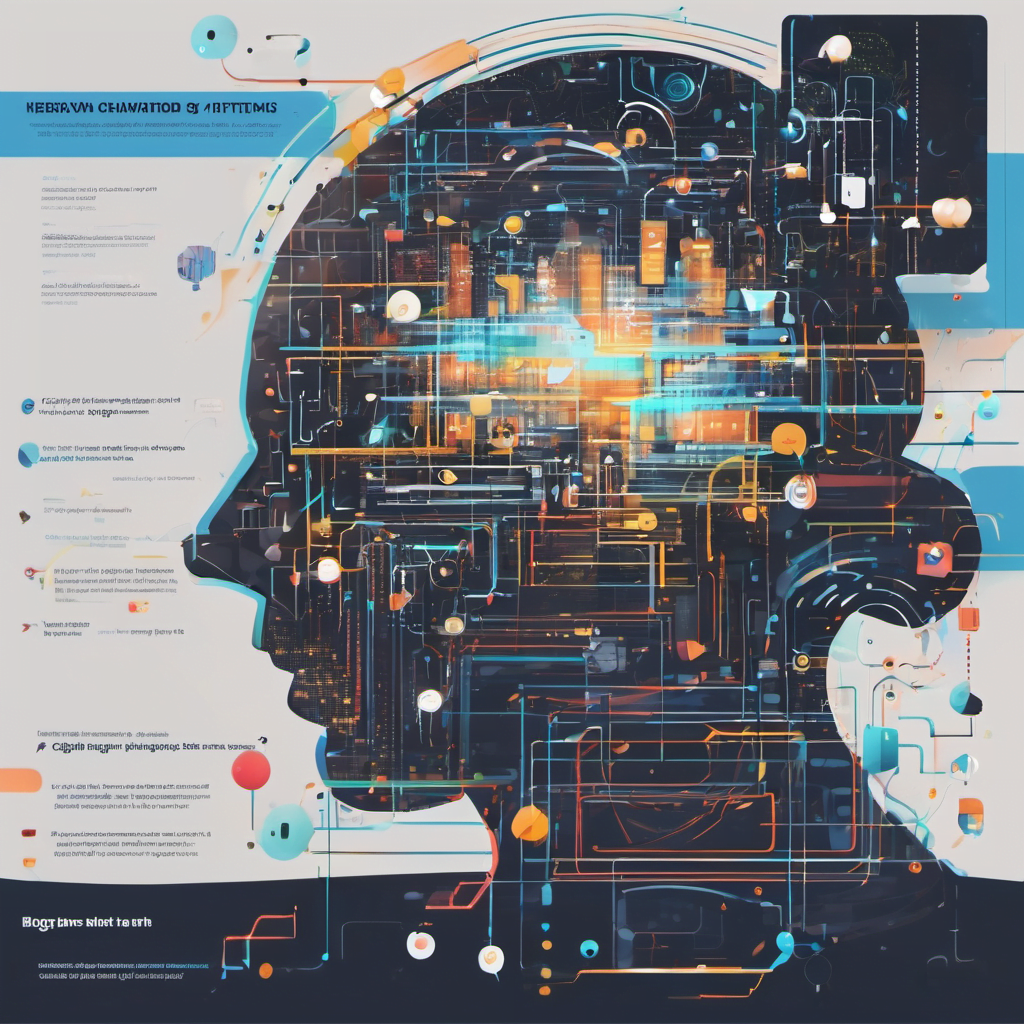
Table of Contents
In a groundbreaking move, the GPT Store is set to launch later this month, heralding a new era of possibilities for individuals worldwide. The announcement brings with it the exciting opportunity for ordinary people to create, share, and explore the vast potential of Generative Pre-trained Transformers (GPTs). Whether you’re a student, professional, or simply someone with a knack for creativity, this development opens doors to a realm where innovation and collaboration thrive.
Imagine crafting your own GPT to tackle a specific challenge, assisting others in their educational pursuits, or even developing productivity tools tailored to your unique needs. The GPT Store promises a marketplace filled with verified creations by talented builders, each contributing to a diverse ecosystem of solutions spanning categories such as productivity, education, and entertainment.
Create AI tools combining API’s and Chat GPT
Create and Share GPTs:
Users can now create their own GPTs (Generative Pre-trained Transformers) and share them publicly. GPTs are advanced language models capable of various tasks, and users are encouraged to contribute to the community by developing their own models.
GPT Store Launch:
The GPT Store is scheduled to launch later in the month. This platform will serve as a marketplace for GPTs, where users can find, explore, and possibly use various creations.

Verified Builders:
Creations featured in the GPT Store will be from verified builders. This likely means that there will be a verification process to ensure the quality, reliability, and authenticity of the GPTs available in the store.
Searchable and Leaderboards:
GPTs in the store will be searchable, making it easier for users to find specific models or functionalities. Additionally, there will be leaderboards, indicating the popularity or effectiveness of different GPTs based on various metrics.
Categories:
The GPT Store will organize GPTs into categories such as productivity, education, and “just for fun.” This categorization aims to help users find models that suit their specific needs or interests.
Recognition and Spotlight:
The store will spotlight the most useful and delightful GPTs, providing recognition to the creators of outstanding models. This could serve as an incentive for builders to create high-quality and innovative GPTs.
Monetization:
In the future, users will have the opportunity to earn money based on the usage of their GPTs. This suggests a potential monetization model where creators receive compensation based on the popularity and utility of their models within the community.
Overall, the GPT Store aims to create a vibrant ecosystem where users can both contribute and benefit from a wide range of GPTs, fostering innovation and collaboration within the community.
Customized Solutions:
Normal individuals can use the GPT technology to create custom solutions for their specific needs. For example, if someone has a particular task or problem they want assistance with, they can create a GPT tailored to address that specific requirement.
Learning and Education:
Educators and learners can leverage GPTs for educational purposes. Creating models focused on specific subjects or learning styles can enhance the learning experience. Users can explore and use GPTs developed by others to aid in studying or gaining knowledge in various fields.
Productivity Tools:
Normal individuals can develop GPTs to serve as productivity tools. This could include generating content, assisting with organization, automating certain tasks, and more. Others can benefit by using these tools to enhance their own productivity.

Entertainment and Fun:
Users can create GPTs just for fun, developing models that generate jokes, stories, or other entertaining content. This not only adds a playful element to the community but also allows individuals to showcase their creativity.
Community Engagement:
The GPT Store introduces a community aspect with leaderboards and recognition for outstanding GPTs. Normal users can engage with this community, explore top-performing models, and contribute to discussions around innovative applications of GPT technology.
Monetization Opportunities:
While the specifics aren’t detailed in the provided text, the mention of earning money based on GPT usage suggests potential monetization opportunities for individuals. Creators could earn income if their GPTs gain popularity, offering an incentive for users to invest time and effort in developing high-quality models.
Problem Solving:
Individuals facing unique challenges or problems can use GPTs as problem-solving tools. By creating or finding GPTs that specialize in addressing specific issues, people can potentially find novel solutions to their problems.
It’s important to note that the success of this opportunity for normal individuals depends on the usability of the platform, the quality of the GPTs created, and the engagement of the community. As the ecosystem evolves, users may discover even more creative and practical ways to utilize GPT technology for their benefit.